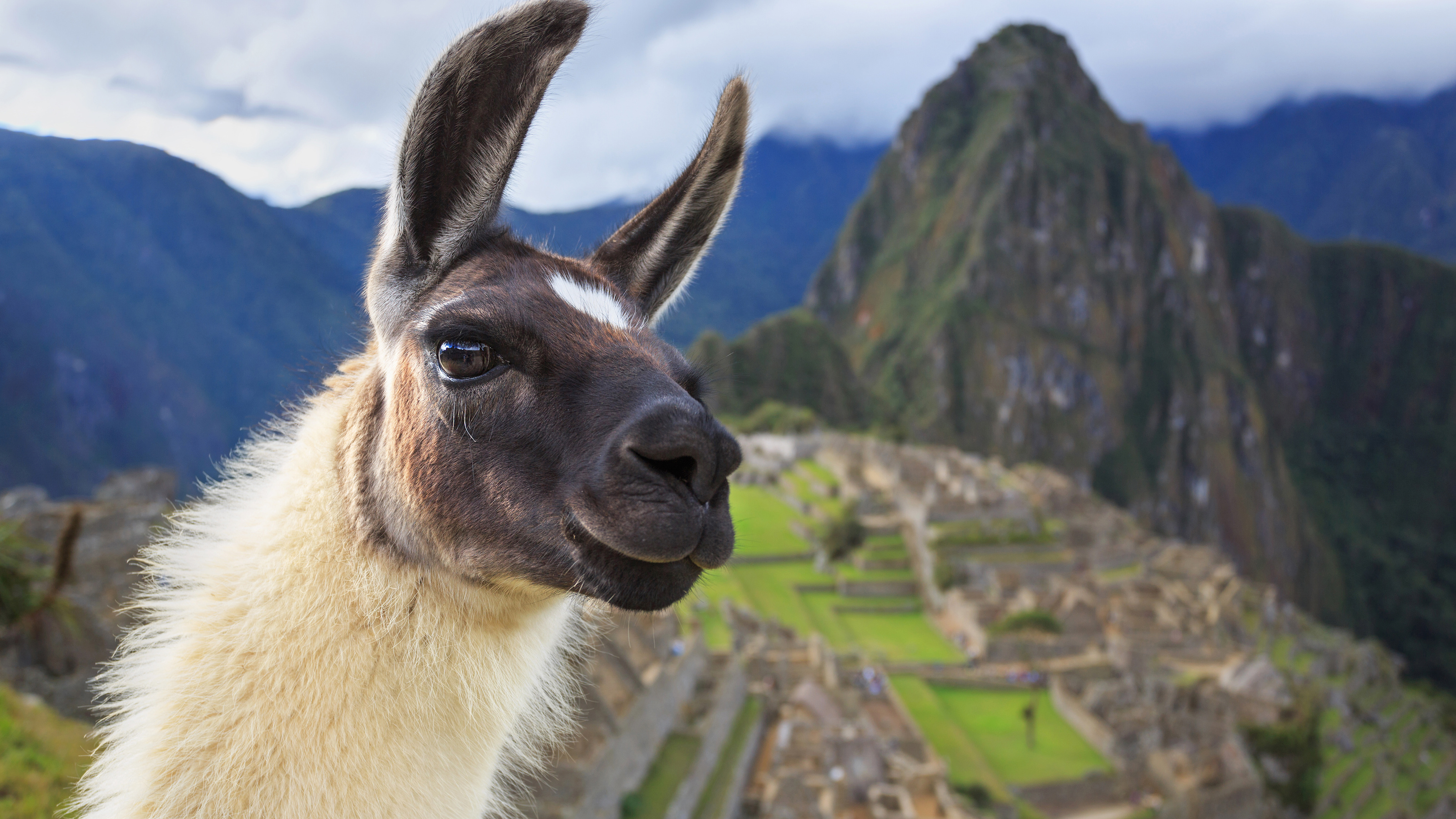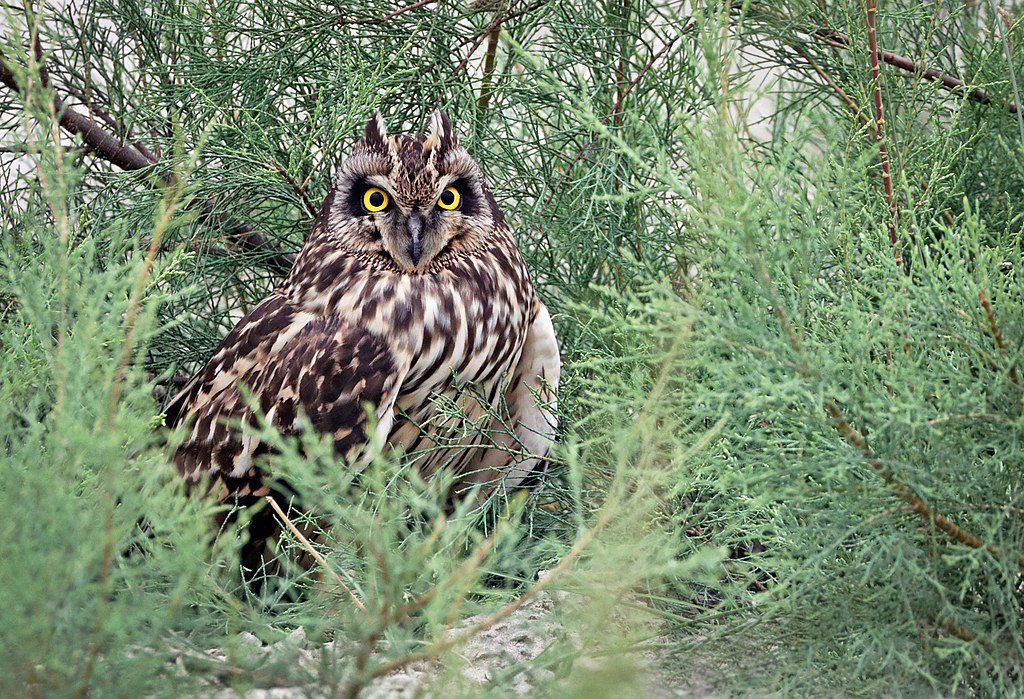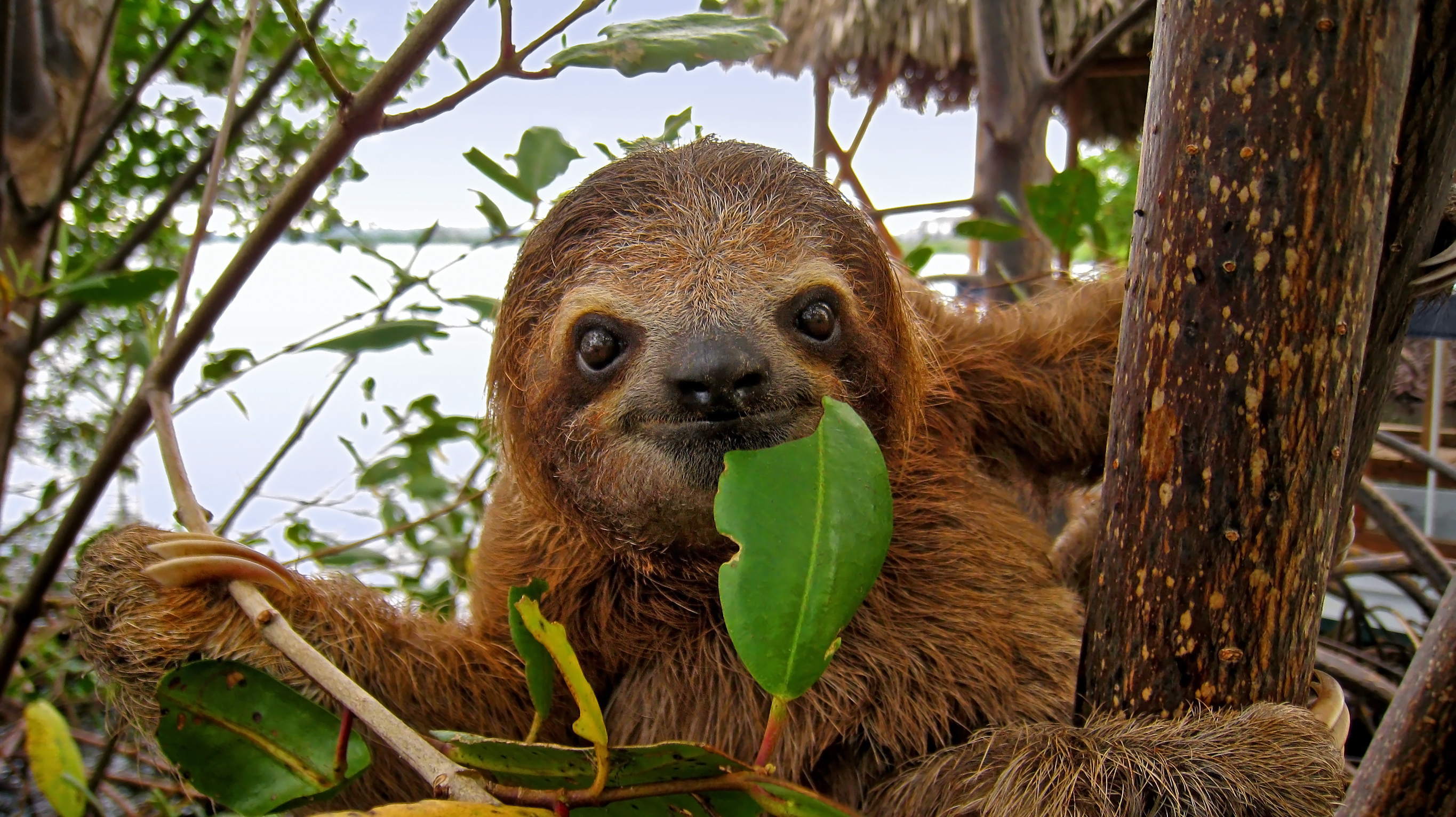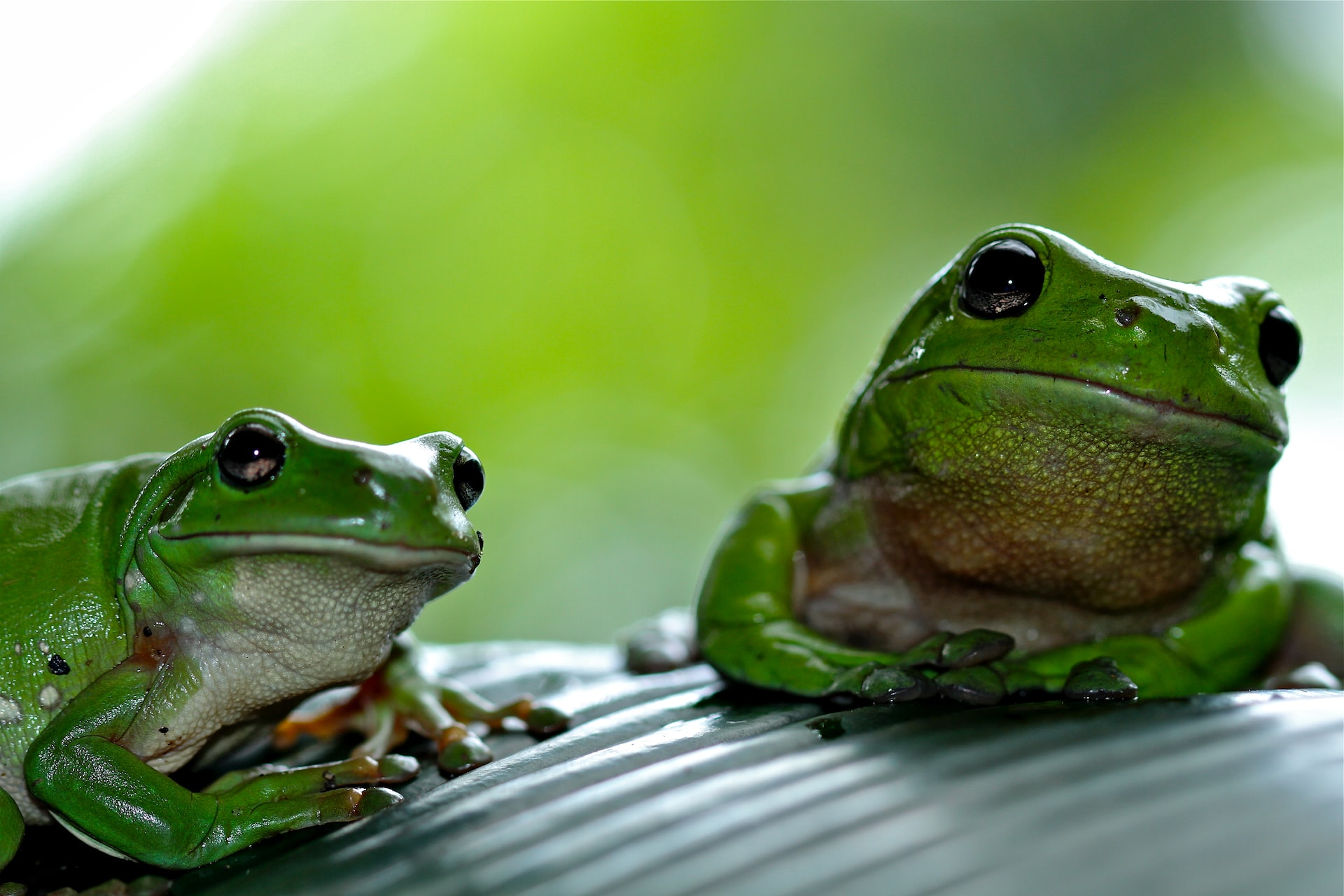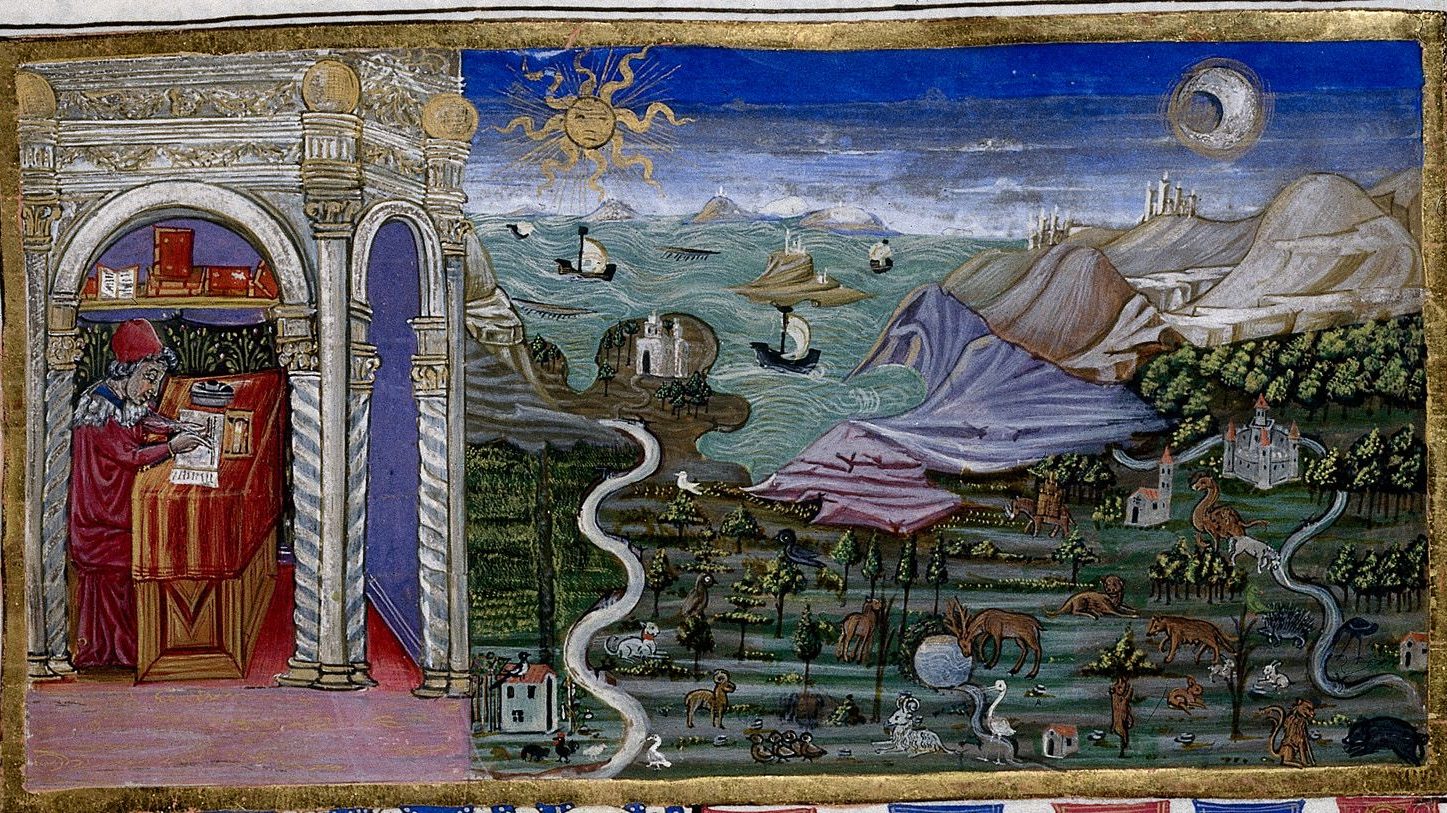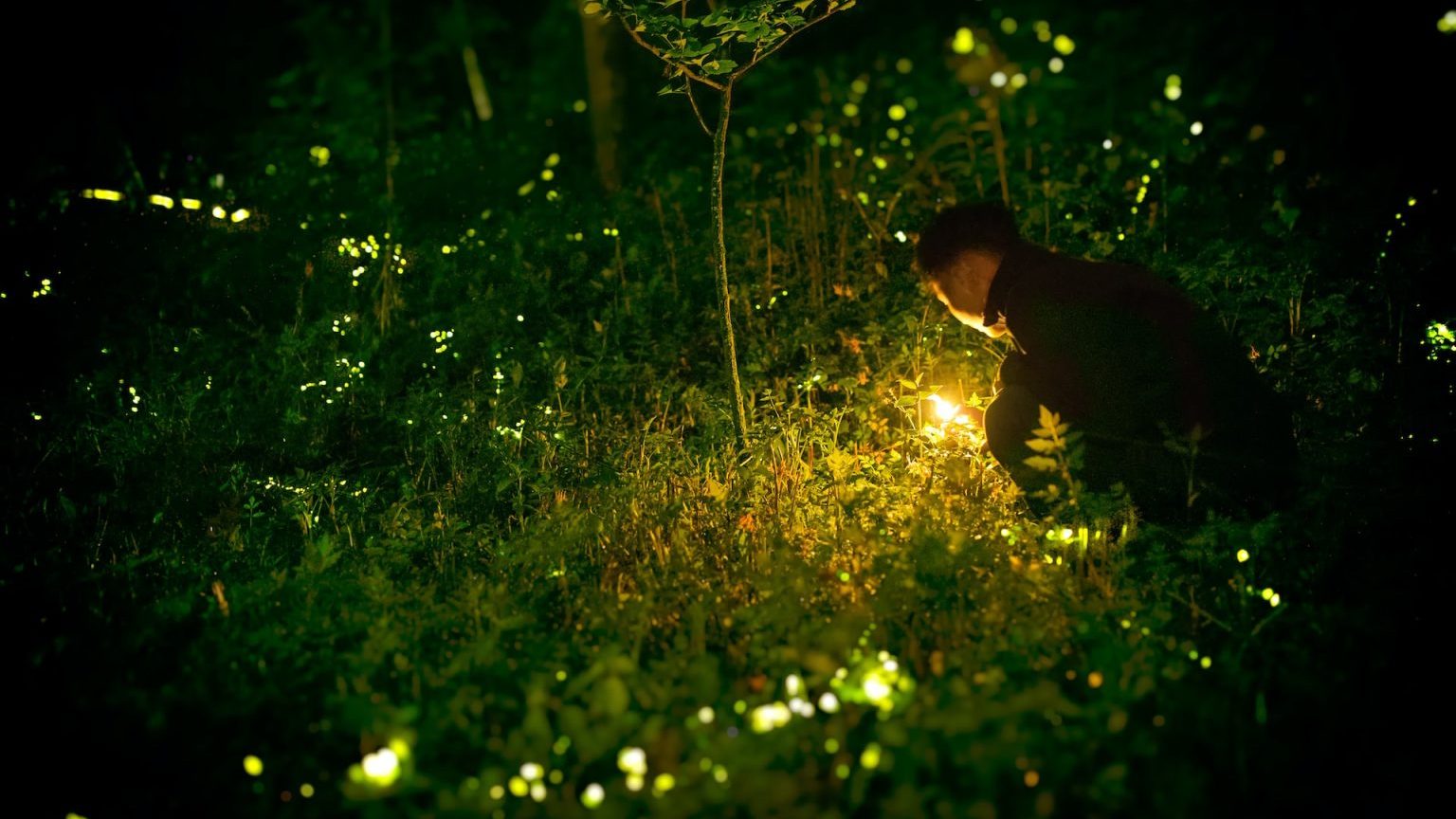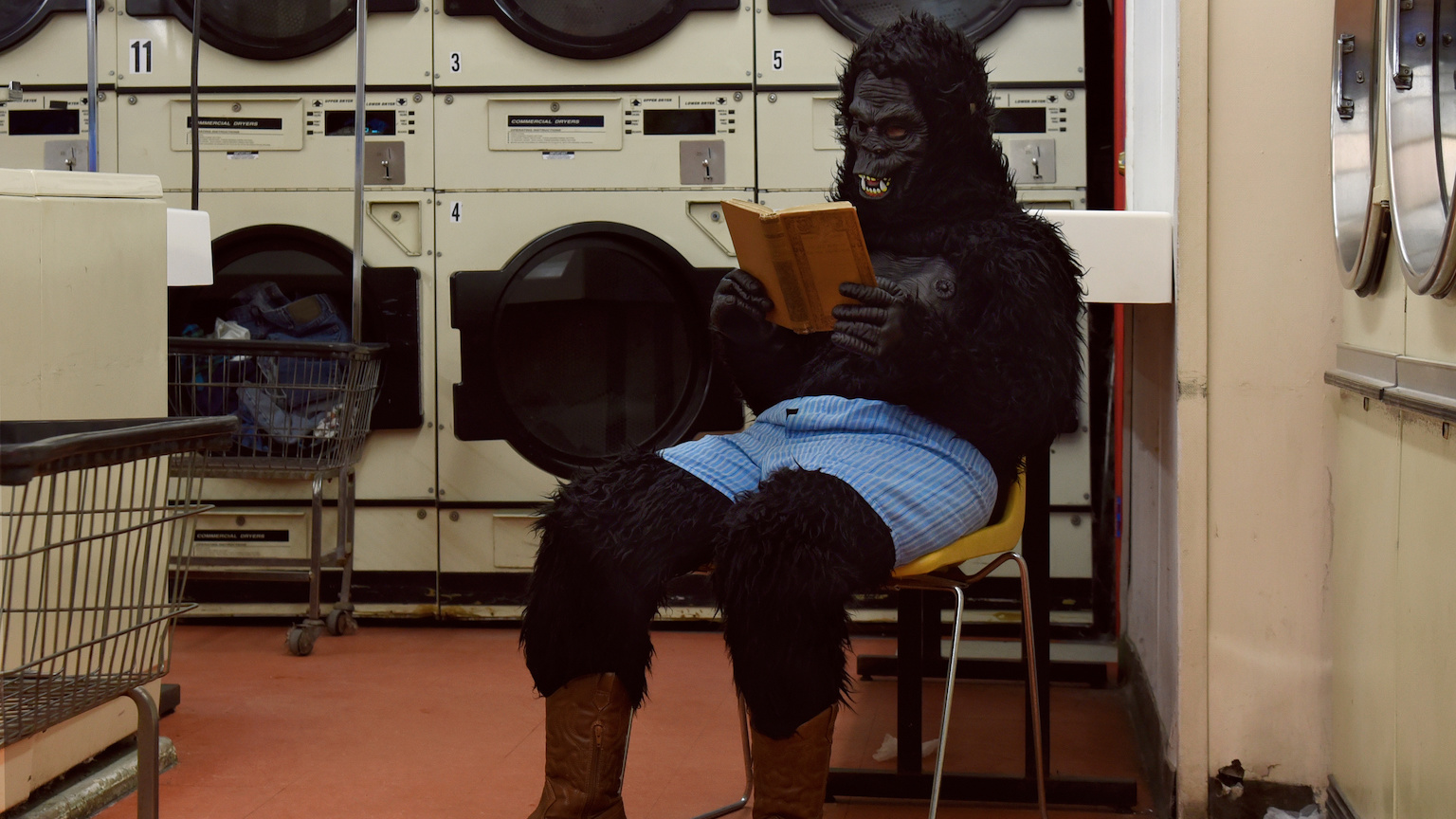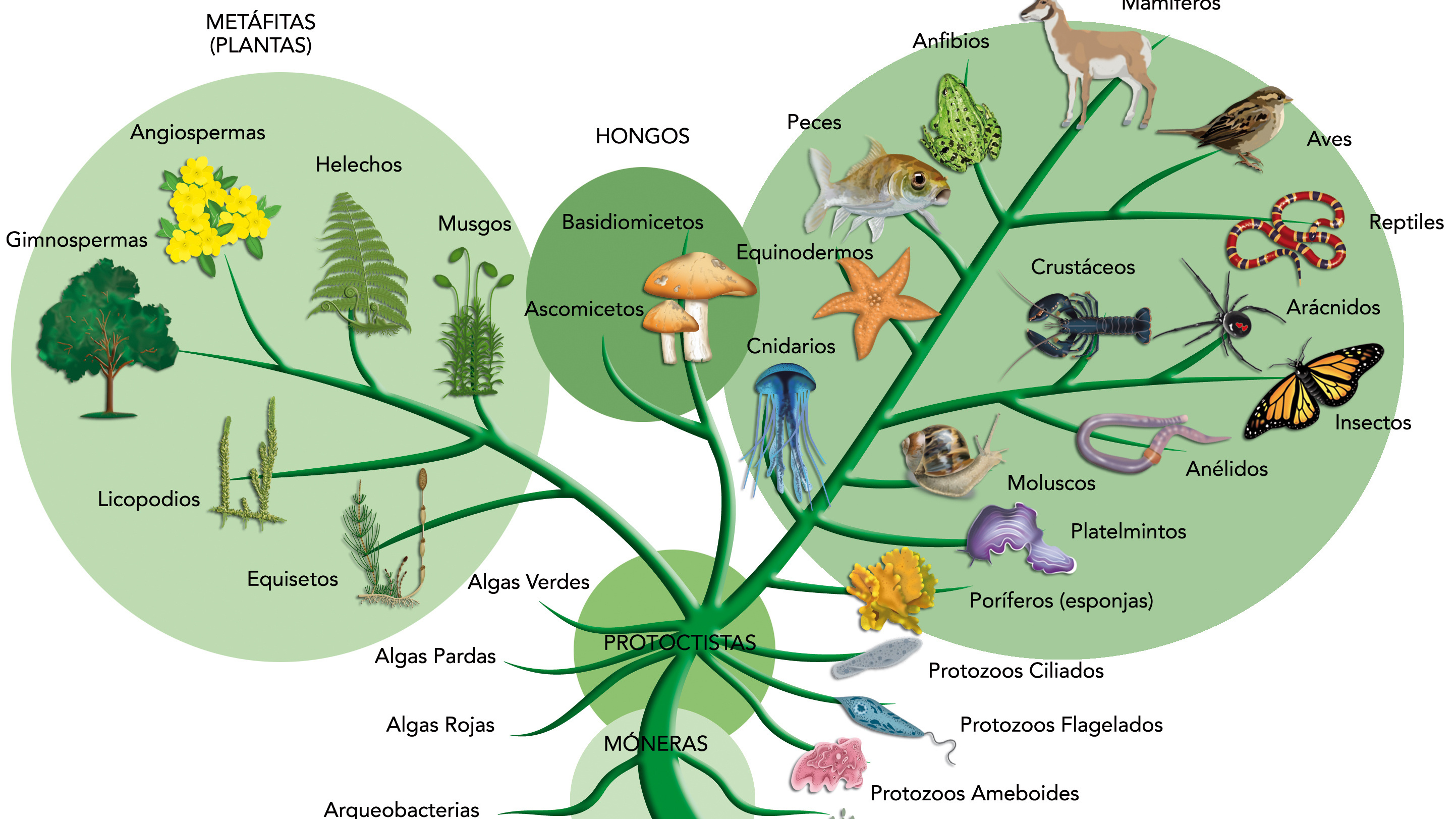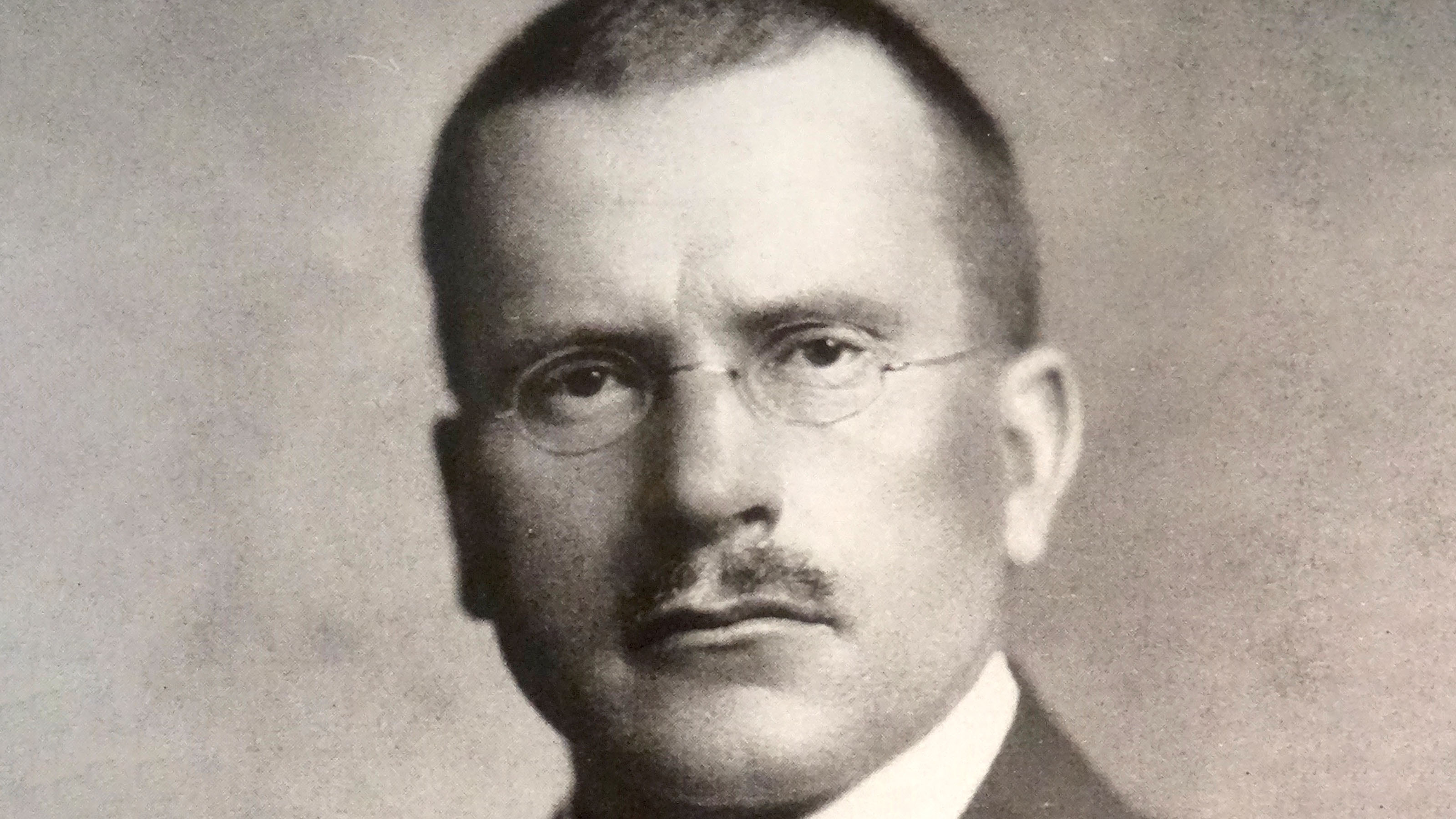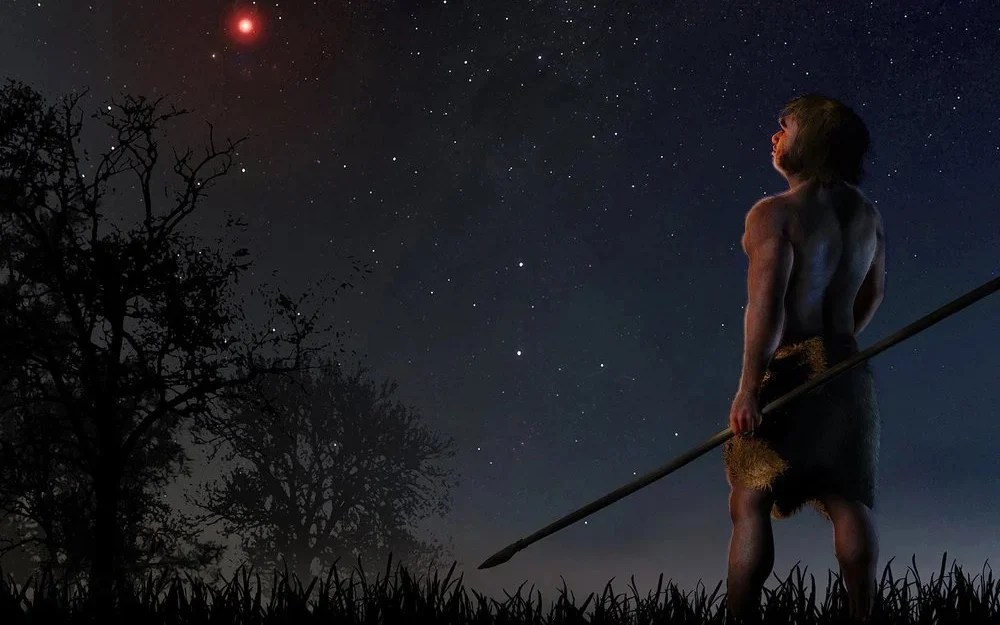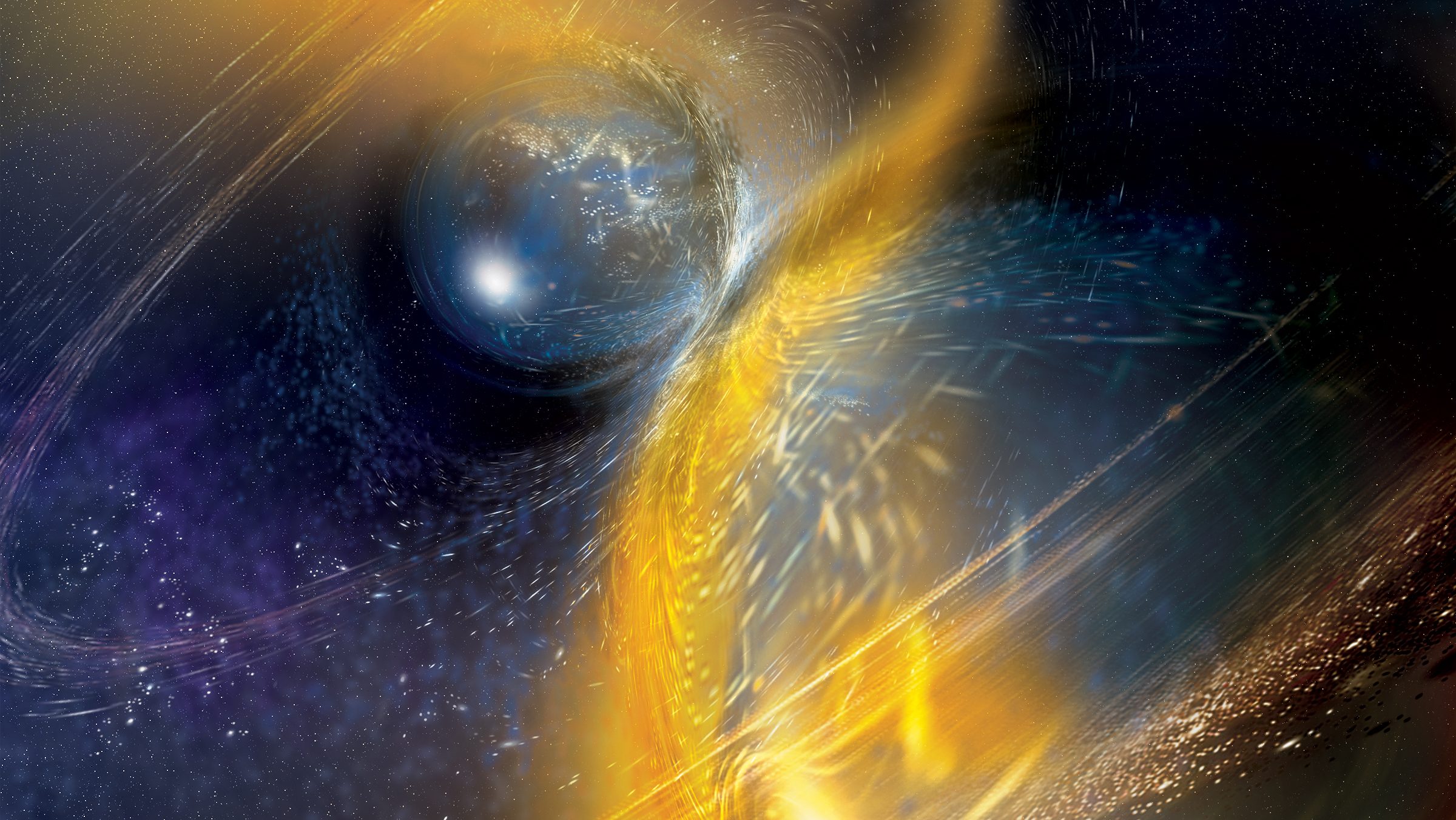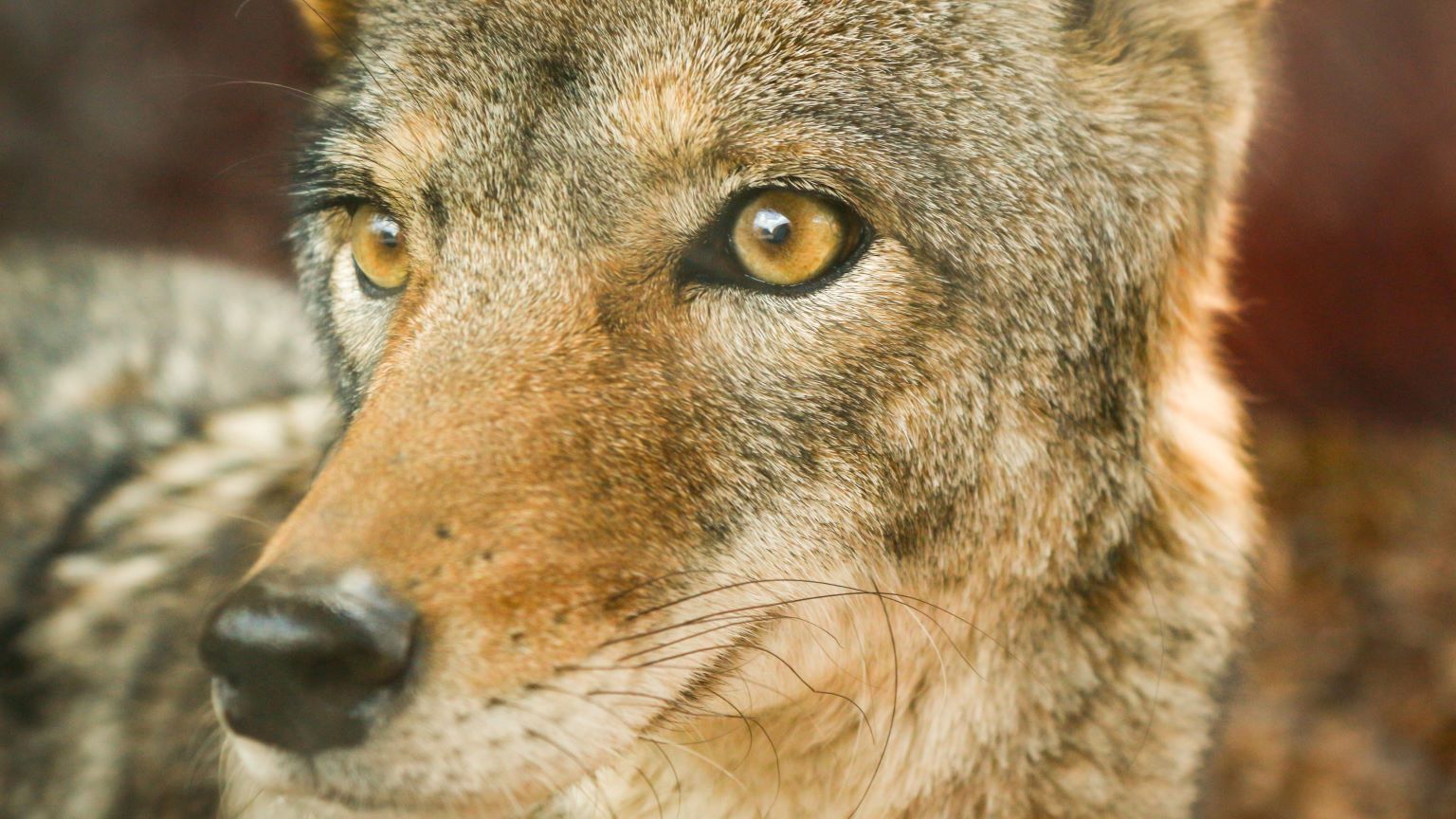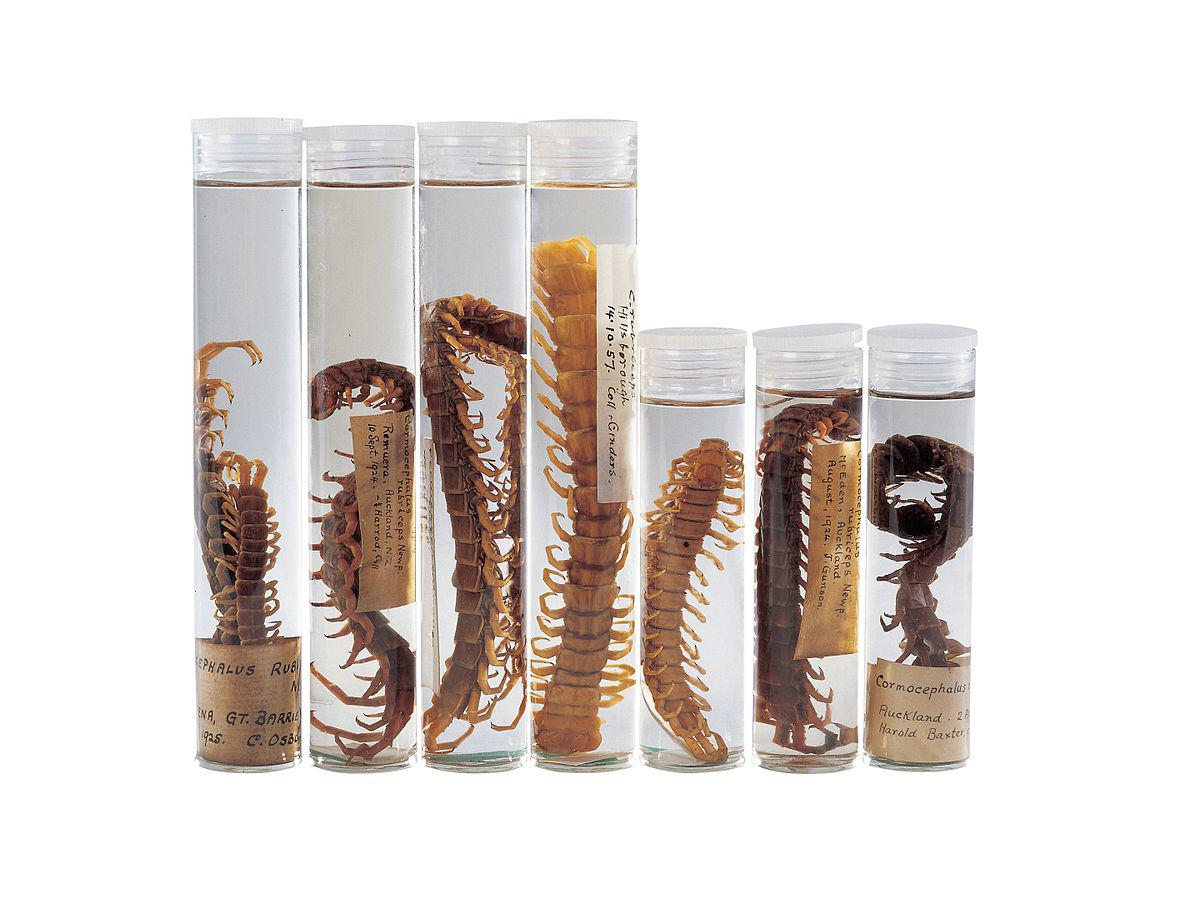Ada Lovelace’s skills with language, music, and needlepoint all contributed to her pioneering work in computing.
Search Results
You searched for: Birds
“It is more human to laugh at life than to lament it.”
The controversial theory about magic mushrooms and human evolution gets a much-needed update.
If tourism is the lifeblood of the Peruvian economy, then Machu Picchu is the heart pumping that blood — in sickness and in health.
Elephants mourn the dead, dolphins give names to each other, and insects can recognize faces. The animal world is much smarter than we think.
Dive into the twisted truths and concealed realities told by literature’s most unreliable narrators.
Could the prevalence of flood myths around the world tell us something about early human migration or even the way our brains work?
Evolutionary success is not about the number of one’s children, but one’s grandchildren: the children need to survive and pass on their genes.
From Amazon to the US Army, everybody wants one (or 150).
Nothing meaningful is done quickly.
It may seem as though top performers are always on, but the secret to their success is taking the time to recharge.
We eat 50 billion chickens every year. Is there a better way?
Sex can be a death trap even for modern toad and frog species.
Everyone has to learn about sex somehow. Today, billions of people are learning about it from porn.
Fire-breathing dragons may represent chaos and the human impulse to conquer that threat.
This year marks 2,000 years since the birth of the Roman author of the first natural encyclopedia.
A researcher explains a little-known niche within modern physics: animal collective behavior.
The apes taught sign language didn’t understand what they were doing. They were merely “aping” their caretakers.
The more horror we consume, the harder it becomes to find a good scare. These genuinely unsettling movies should get you in the mood for Halloween.
Carl Jung was one such person.
Economic growth is more about quality than quantity.
COVID-19 and other microbes have shed light on disease spillover from animals to humans, but we can also spillback disease to wildlife.
Planet Earth has been around for over 4.5 billion years, but humans? For 99.998% of our planet’s history, humans were nowhere to be found.
Civil engineer Martin Lebek has a brilliant plan to redress the world’s phosphorus imbalance.
In 2017, a kilonova sent light and gravitational waves across the Universe. Here on Earth, there was a 1.7 second signal arrival delay. Why?
Here’s how to appreciate them from a distance.
These enormous centipedes are straight out of science fiction.




